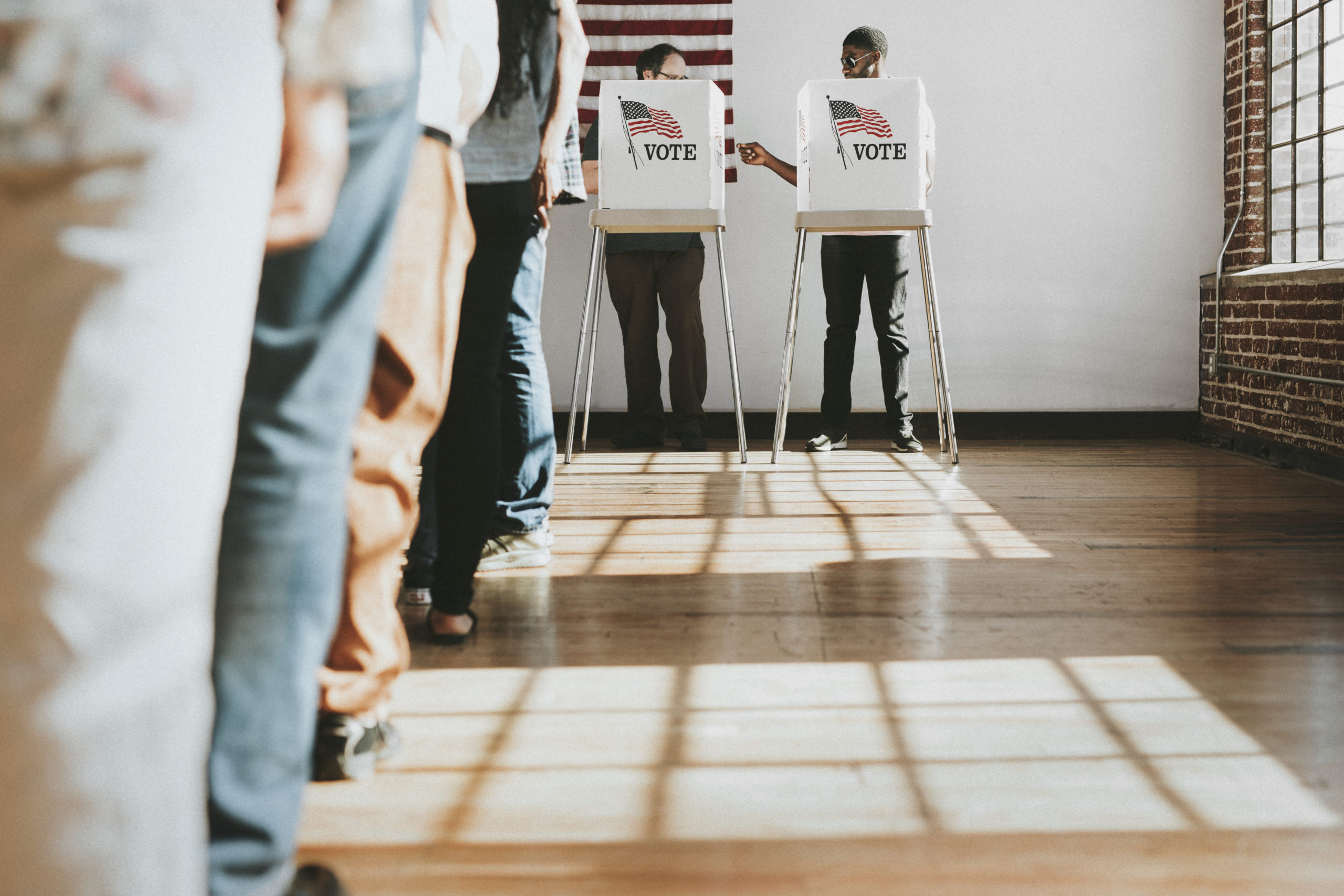The Electoral College Nightmare That Could Have Happened | Opinion
So key election reform is a must
December 4, 2020 | Tom Rogers | Newsweek
As an observer who spent a lot of time over the last six months raising awareness of the worst way a close election could play out—with the Trump campaign challenging election results by attempting to overturn a Biden Electoral College victory—the good news out of this election is that very dark scenario has not happened.
During these last several months many believed that the scenario former senator Tim Wirth and I described (with great input from Keep Our Republic) of how the Trump campaign would attempt to overturn a clear Biden Electoral College victory was too far-fetched for even ardent Trump critics to take very seriously. The bad news is, however, despite it being clear Trump has lost the election, his team has attempted to undo the will of the electorate by pursuing that exact strategy—trying to undermine the very clear Electoral College results. …


